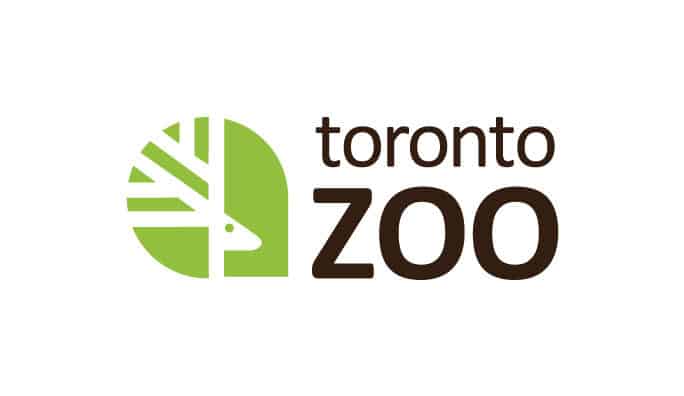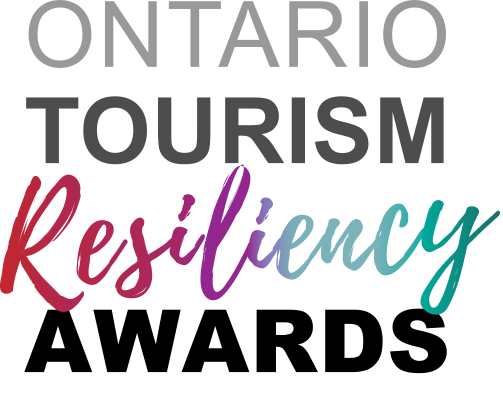Week-long hiring event February 18-24 to fill wide variety of roles VAUGHAN, ON (Feb. 6,…

TORONTO ZOO COORDINATES BOOTS ON THE GROUND TO HELP RHINOCEROS CONSERVATION IN INDONESIA

Ujung Kulon National Park Rhino Protection Unit wearing Hi-Tec ranger boots.
The Toronto Zoo is committed to rhinoceros conservation on a global scale. In addition to conservation initiatives coordinated locally, including annual events such as Toronto Zoo’s Raise Your Glass for Rhinos, Bowling for Rhinos and Trekking for Rhinos, Toronto Zoo also supports the International Rhino Foundation (IRF).
In 2015, Deserrai Burke, a Zoo Keeper at the Toronto Zoo, was intrigued by a tag on a pair of boots she came across while shopping. The tag, displaying the image of a rhino, proudly carried the message “Stop Poaching”. These boots were made by Hi-Tec, a global company that has been supporting the Black Mamba Anti-Poaching Unit, an all-female Rhino Protection Unit in Africa. Hi-Tec has been outfitting Black Mamba with boots, as they are an essential piece of equipment when protecting rhinos against poaching. Burke, being a strong supporter of conservation initiatives for rhinos at the Zoo and their counterparts in the wild, did not waste any time contacting Hi-Tec’s Canadian office about a potential partnership. Both organizations share a common passion in rhino conservation, and Hi-Tec generously offered to donate an additional 20 pairs of Magnum boots, which is their brand of tactical and work boots, to the rangers.
The Toronto Zoo reached out to the IRF who advised that a protection unit in Ujung Kulon National Park in Indonesia who are protecting the most critically endangered rhino, the Javan rhino, would most benefit from new gear. This particular unit required 27 pairs of boots, so Burke contacted the Toronto Zoo’s American Association of Zoo Keepers (AAZK) chapter requesting conservation funds to help purchase the additional boots. Hi-Tec once again proved their commitment to saving rhinos when they offered an incredible deal to fit the budget carved out for the additional pairs of ranger boots.
Burke went one step further, asking IRF if there were any other critical supplies the protection unit would need. As it turns out, water filters were flagged as being top of the list. Burke immediately contacted LifeStraw, a company well known for their water filtration products. LifeStraw is currently used in African communities to help filter heavily contaminated water and Burke felt the portable family unit would work well for a rhino protection unit in the field. LifeStraw showed their commitment for rhino conservation by donating 10 portable family units.

Ujung Kulon National Park Rhino Protection Unit using LifeStraw filtration units.
With Hi-Tec ranger boots and LifeStraw products donated, the next step was getting them shipped to Indonesia to reach the protection unit in need. Cathay Pacific Airways, an airline who understands the importance of conservation of habitats and endangered species, has offered to ship the ranger boots and the filtration units to Jakarta, Indonesia, where the head ranger for Ujung Kulon National Park will pick up the donated equipment. In late 2015, Cathay Pacific assisted with the shipment of the last captive Sumatran rhino to the Sumatran Rhino Sanctuary for breeding purposes.
“Rhino Protection Units are arguably the number one barrier to poaching activity,” said Deserrai Burke, Zoo Keeper, Toronto Zoo. “There are many anti-rhino poaching techniques used to save rhinos, but rangers are front line guardians of all five species. They are specially trained and put their lives on the line every day for the animals. They often work in very harsh environments with unpredictable weather and tend to put a lot of mileage on their equipment. We’ve learned from rhino protection units that new equipment, especially new boots is actually a huge morale booster so this was an amazing opportunity thanks to Hi-Tec, LifeStraw, Toronto Zoo’s AAZK chapter conservation fund, Toronto Zoo and Cathay Pacific for helping to make this happen.”
Rhinos are being poached at a rate of about three rhinos per day. In 2013, a total of 1004 rhinos were poached for their horns, an increase from 668 rhinos in 2012. At this current rate, without extreme intervention, all rhino species will become extinct within 15 years. The Toronto Zoo is part of the Indian Rhinoceros and White Rhinoceros Species Survival Plan (SSP), which aims to establish and maintain healthy, genetically diverse populations, and overall conservation efforts to save this incredible species. One of the Toronto Zoo’s mandates is to educate visitors on current conservation issues and help preserve the incredible biodiversity on the planet. The Toronto Zoo is in a great position to bring forward the plight of the rhinoceros and supports rhinoceros conservation efforts in the wild through the Toronto Zoo Endangered Species Reserve Fund.



This Post Has 0 Comments